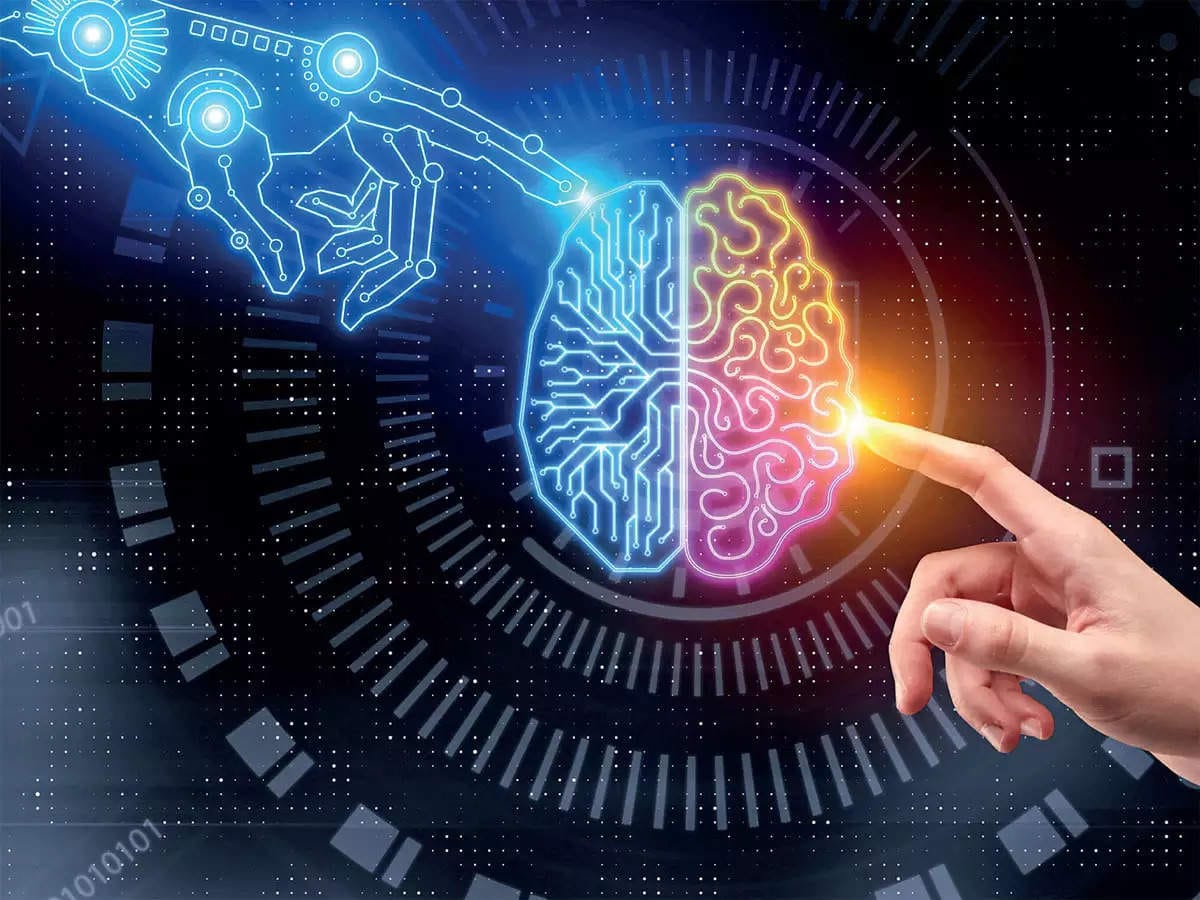
AI Chatbots and Personalization
In the digital age, where consumers crave personalized experiences, AI chatbots have emerged as a powerful tool to deliver tailored interactions. These intelligent virtual assistants are capable of understanding natural language, learning from user interactions, and providing relevant information or assistance. By leveraging data and advanced algorithms, AI chatbots can offer personalized experiences that enhance customer satisfaction and loyalty.

Understanding AI Chatbots
AI chatbots are software applications that simulate human conversation through text or voice interfaces. They are powered by natural language processing (NLP) and machine learning techniques, allowing them to comprehend and respond to user queries in a human-like manner.
The Role of Personalization in AI Chatbots
Personalization is the key to unlocking the full potential of AI chatbots. By tailoring interactions to individual users, chatbots can provide more relevant and valuable experiences. This can be achieved through:
- Data Collection and Analysis: Chatbots can collect and analyze user data, such as preferences, purchase history, and demographics, to create a detailed profile.
- Contextual Understanding: By understanding the context of a conversation, chatbots can provide more accurate and helpful responses. This includes factors like the user’s location, time of day, and previous interactions.
- Personalized Recommendations: Based on the user’s profile and preferences, chatbots can offer personalized recommendations for products, services, or content.
- Proactive Assistance: Chatbots can anticipate user needs and proactively offer assistance, such as suggesting relevant articles or providing timely updates.
Benefits of Personalized AI Chatbots
- Enhanced Customer Satisfaction: Personalized experiences make customers feel valued and understood, leading to higher satisfaction levels.
- Increased Customer Engagement: Chatbots that provide relevant and engaging interactions can encourage customers to stay on the website or app for longer periods.
- Improved Conversion Rates: Personalized recommendations and proactive assistance can help drive conversions and sales.
- Cost Savings: AI chatbots can automate customer service tasks, reducing the need for human agents and saving costs.
- Data-Driven Insights: By analyzing user interactions, chatbots can provide valuable insights into customer behavior and preferences.
Challenges and Considerations
- Data Privacy: Collecting and using user data raises concerns about privacy and security. It is essential to handle data responsibly and comply with relevant regulations.
- Bias: AI models can be biased if trained on biased data. It is important to ensure that chatbots are trained on diverse and representative datasets.
- Technical Limitations: While AI chatbots have made significant advancements, they may still struggle with complex queries or nuanced conversations.
Future Trends in Personalized AI Chatbots
- Conversational AI: Chatbots will become even more conversational and human-like, capable of understanding and responding to natural language more effectively.
- Integration with Other Technologies: AI chatbots will be integrated with other technologies, such as voice assistants, IoT devices, and augmented reality, to create more immersive and personalized experiences.
- Ethical Considerations: As AI chatbots become more sophisticated, it will be essential to address ethical concerns related to bias, privacy, and transparency.
In conclusion, AI chatbots offer a powerful opportunity to deliver personalized experiences that enhance customer satisfaction and loyalty. By leveraging data, advanced algorithms, and contextual understanding, chatbots can provide tailored interactions that meet the unique needs of each individual user. As technology continues to evolve, we can expect to see even more innovative and personalized AI chatbot applications in the future.

